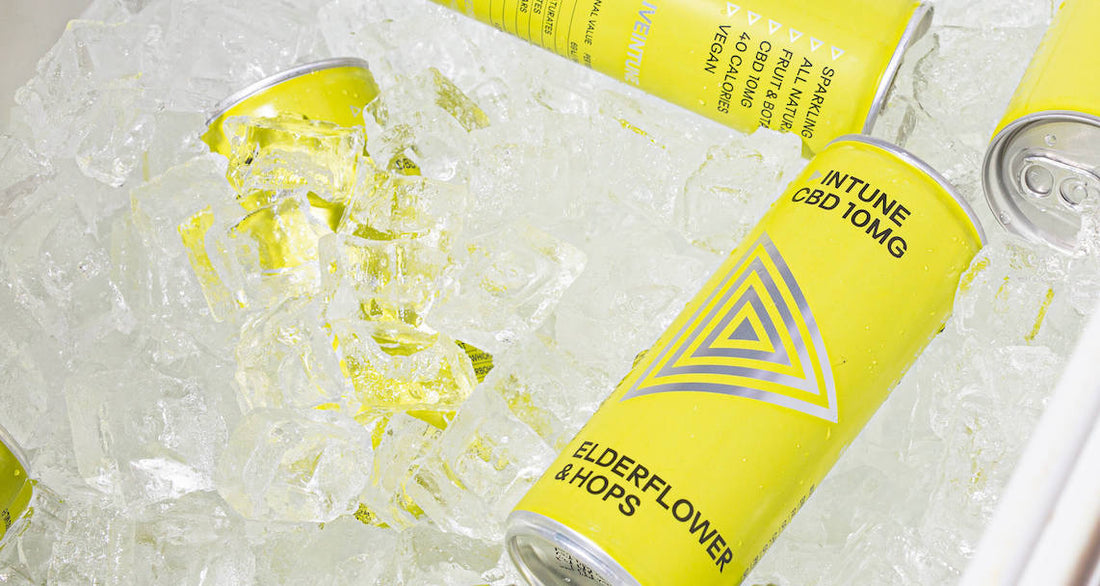
CBD and Athletic Performance: What You Need to Know
CBD is a component of the hemp, or cannabis, plant. Unlike marijuana, CBD doesn’t include THC, the psychoactive compound in the plant. This means that it does not produce a “high”, but rather evokes positive health benefits, such as reducing inflammation and anxiety. Because of these benefits, CBD can be considered an interesting supplement to add into your training or recovery routine as an athlete. Let’s delve into the topic…
Can CBD help with sports performance?
CBD has become more and more popular over the last few years and is now available in a variety of formats, such as CBD oil, CBD drinks or CBD topical creams and gels. Despite CBD’s prolific rise in popularity, there is limited research on the effects of CBD on athletic performance. However, there are some suggestions that it can positively impact certain aspects of performance.
CBD is known to help reduce inflammation and pain, which could provide excellent benefits to athletes recovering from injuries! It’s also great for reducing anxiety and improving sleep, which can both indirectly positively impact sports performance. But, as always, be vigilant with the CBD products you take to ensure they are not contaminated with other supplements or products, and meet the legal requirements of your country.
How does CBD help with muscle recovery?
While research is still in its infancy on this topic, there are several ways that CBD may contribute to muscle recovery after training.
As we know, one of the great benefits of CBD is reduced inflammation in the body. Inflammation is a natural response to muscle damage from exercise and, if damage is excessive, the recovery process can be greatly slowed down. Therefore, incorporating CBD into your recovery, such as an INTUNE CBD Soda that includes a lifestyle dofse of 10mg high-quality CBD, may help to speed up recovery thanks to its anti-inflammatory properties.
CBD may also have pain-relieving impact, which can help to reduce pain and discomfort after exercise. It has also been suggested that CBD has anti-oxidant effects, which can help protect against oxidative stress and promote healing.
However, it should be taken into consideration that more research is needed to truly understand the impact of CBD on muscle recovery after sport.
Can CBD alleviate performance anxiety?
One of our favourite benefits of CBD is its positive impact on reducing anxiety! We’ve all been at the starting line of a race with our heart pounding and, as Eminem said, “palms are sweaty, knees weak, arms are heavy.” So, it has been suggested that CBD can help reduce anxiety for athletes dealing with performance anxiety or other anxieties related to sport.
CBD interacts with the body’s endocannabinoid system, which plays a role in regulating our mood, stress and anxiety levels. CBD increases the levels of certain neuro-transmitters, such as serotonin, in our bodies which can help to promote feelings of calm.
The anti-inflammatory benefits of CBD can also contribute to reducing the physical symptoms we experience with anxiety, such as heart palpitations and muscle tension.
Is it legal to take CBD before competing in professional sporting events?
The legality of taking CBD before competing in sporting events depends on several factors, including laws and regulations around the specific sport and the country you’re competing in.
In the UK, for example, CBD products must contain less than 0.2% THC, the psychoactive compound found in weed. In the US, this is 0.3%. All of our INTUNE CBD sodas meet the UK requirement, so are 100% legal to consume and can be a great CBD drinks options for athletes. However, it is important to also consider any specific regulations from the sport’s body. Some professional organizations, such as the World Anti-Doping Agency (WADA) still prohibit the use of CBD and all other cannabinoids during competition and many countries also have differing regulations.
Athletes should, therefore, carefully review the regulations of their sport or competition organization in order to check the legality of using CBD. Although the THC level may be within the legal level, some organizations may have a zero tolerance policy. It’s also important to consult with a healthcare provider before adding new supplements into your training and recovery regime.
